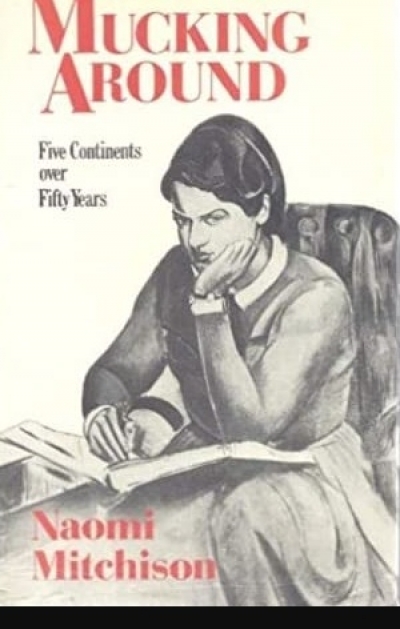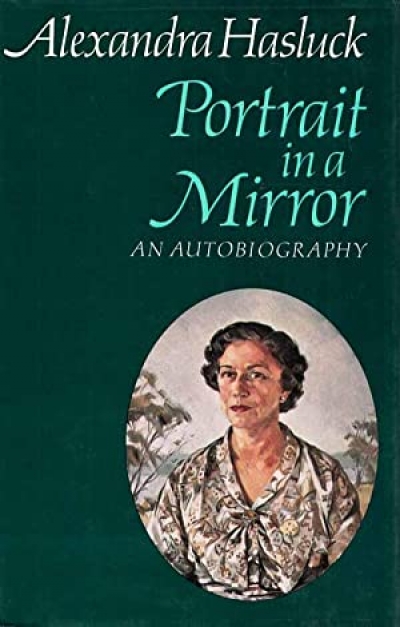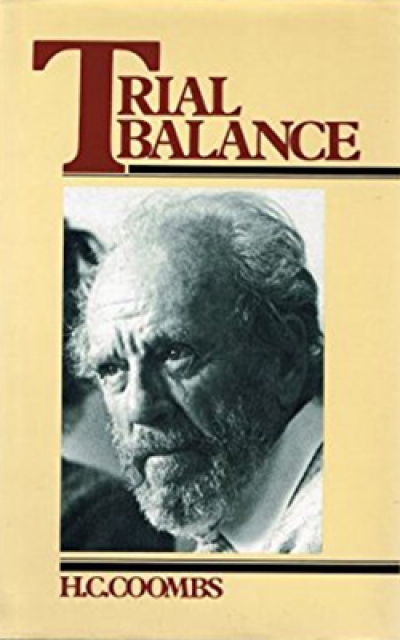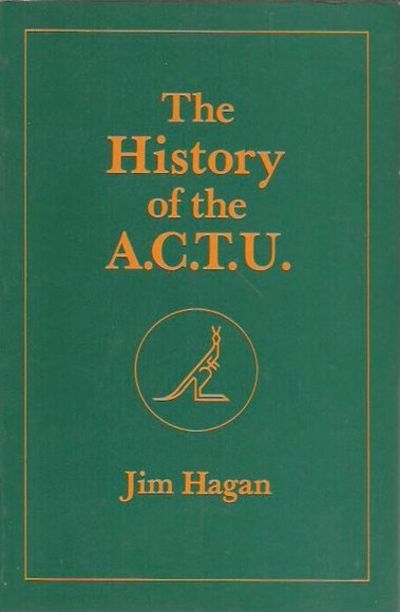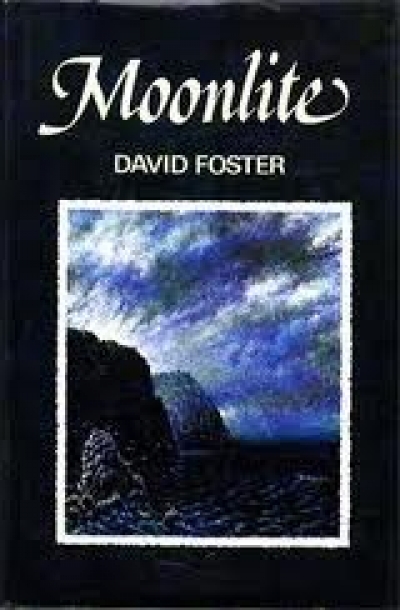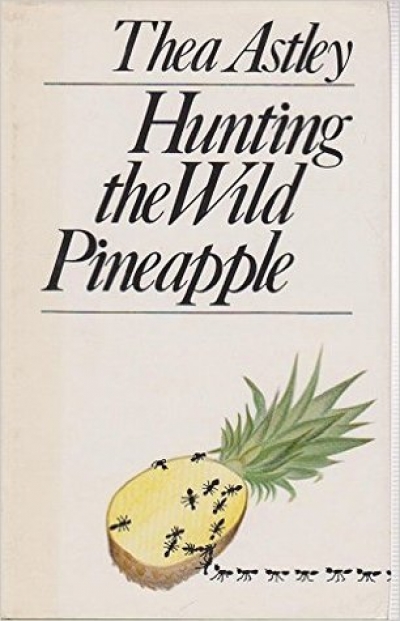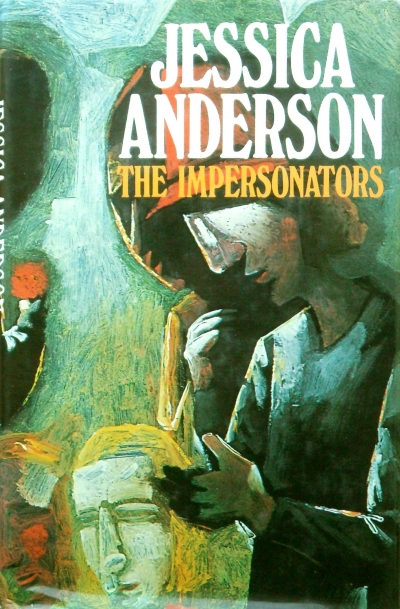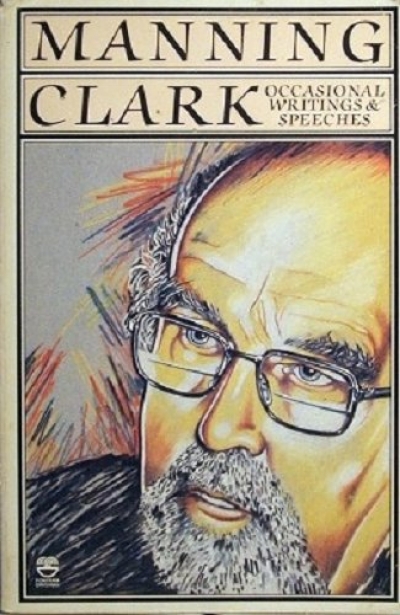Archive
Mucking Around: Five continents over fifty years by Naomi Mitchison
Novelist Fred Dagg, the alter ego of New Zealand refugee John Clarke has quickly established an audience in Australia for his erratic political and social comments. In ‘Novelist’, transcribed here from his record of The Fred Dagg Tapes he offers advice to aspiring writers.
... (read more)Perhaps because of the coloured marquee with elm leaves pressed against the top like alien faces watching, Writers’ Week had a slightly theatrical air which added to the pleasure. All kinds of people were there, in all kinds of clothes, so that one was torn between wanting to watch the crowd and to listen to the speakers. The marquee seats three hundred people – it was always full, and the organisers estimated that on each day, another two hundred stood outside to listen.
... (read more)
